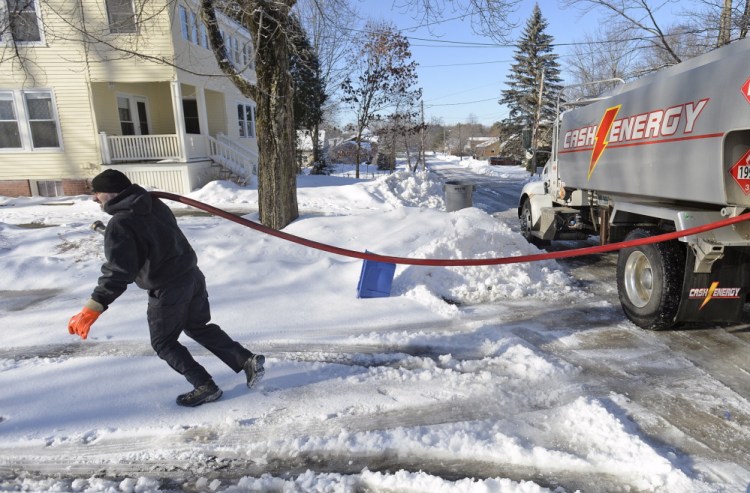It is almost a sure thing that President Trump’s proposed elimination of a federal low-income heating assistance program absolutely critical to Maine won’t survive the budget process.
But that the elimination is even on the table, and that the program every year fights for funding, says a lot about the country’s priorities, and just who the Trump administration is looking out for.
Eliminating the Low-Income Home Energy Assistance Program, or LIHEAP, is part of a series of cuts in the president’s proposed budget to programs designed to help low-income Americans. Individually, they are budgetarily insignificant – LIHEAP makes up less than one one-thousandth of total federal spending.
But together, they add up to enough to pay for tax cuts, mostly for the wealthy, while still increasing military and public safety spending, the one clearly stated aim of the Trump administration.
To justify the cuts, the budget proposal states that the heating assistance program is “unable to demonstrate strong performance outcomes.”
Tell that to the nearly 77,000 Mainers who last winter were able to run their furnaces just a little longer without having to decide to go without food or medication.
The $500 average benefit each household receives through LIHEAP barely puts a dent in one’s energy costs, but it means a lot to families trying to stay warm near the end of a long Maine winter, or to get cool during dangerous Southern heat waves, help the program also provides, along with weatherization and appliance repair.
To qualify, households must fall below 150 percent of the poverty line or 60 percent of their state’s median income, though in reality the benefits go only to the very poor – in Maine, the average income of recipients is around $12,000 a year. Almost all recipient households have a member who is elderly, a child or has a disability. Seventy-two percent have a member with a serious medical condition.
Even that limited amount of help is always on the cutting block. Funding for LIHEAP has fallen from more than $5.1 billion seven years ago to around $3.4 billion last winter, with a benefit reduced by $100 sent to fewer people.
Meanwhile, Trump and congressional Republicans are trying to push through a health care plan that does little for anyone’s health but a lot for the pocketbooks of the most wealthy Americans.
As these and other actions are taken to roll back the programs and services that provide a lifeline to low-income Americans, remember that the end result is often a neighbor wondering how they’ll keep the heat on.
Send questions/comments to the editors.


